Best movies like Simple People
A unique, carefully handpicked, selection of the best movies like Simple People Starring Olga Lebzak, Boris Zhukovsky, F. Babadzhanov, Ekaterina Korchagina-Aleksandrovskaya, and more. If you liked Simple People then you may also like: Yunyi Frits, Volga - Volga, The Vyborg Side, The New Babylon, The Overcoat and many more popular movies featured on this list. You can further filter the list even more or get a random selection from the list of similar movies, to make your selection even easier.
A 1945 Soviet war film which, along with the second part of Eisenstein's Ivan the Terrible was harshly criticized by Andrei Zhdanov and banned. A version of the film, released in 1956 during the Khrushchev Thaw, was disowned by director Grigori Kozintsev because the reediting was done without his participation.
You may filter the list of movies on this page for a more refined, personalized selection of movies.
Still not sure what to watch click the recommend buttun below to get a movie recommendation selected from all the movies on this list
Volga - Volga
Widely claimed to be Joseph Stalin's favorite movie, this classic musical comedy is a must-see. The action takes place on a steamboat on the iconic Volga River, as two groups of performers travel to Moscow to perform in the Moscow Musical Olympiad.
The Vyborg Side
The final part of trilogy about the life of a young factory worker, Maxim. Following the Russian Revolution, Maksim is appointed state commissar in charge of the national bank. With great efforts, he learns the complexies of the banking trade and begins to fight off sabotaging underlings. Dymba, now a violent enemy of the Republic, tries to rob a wine store but is arrested with Maksim's help. Maksim also exposes a conspiracy of a group of tsarist officers who prepare an attempt against Lenin. He then joins the Red Army in its fight against the German occupation.
The New Babylon
In the short-lived Commune of Paris, a conscripted soldier falls in love with a Communard saleswoman. As the army cracks down on the revolutionaries, the soldier is forced to fight against the Commune, and the pair's love is put to the test.
The Overcoat
Soviet film based on Nikolai Gogol stories "Nevsky Prospekt" and "The Overcoat".
The Killers
The Killers is a 1956 student film by the Soviet and Russian film director Andrei Tarkovsky and his fellow students Marika Beiku and Aleksandr Gordon. The film is based on the short story "The Killers" by Ernest Hemingway, written in 1927. It was Tarkovsky's first film, produced when he was a student at the State Institute of Cinematography.
Battleship Potemkin
A dramatized account of a great Russian naval mutiny and a resultant public demonstration, showing support, which brought on a police massacre. The film had an incredible impact on the development of cinema and is a masterful example of montage editing.
Dark Is the Night
A girl, working in a German commandant's office, saves two wounded Russian pilots sacrificing her own life.
Hamlet
Shakespeare's 17th century masterpiece about the "Melancholy Dane" was given one of its best screen treatments by Soviet director Grigori Kozintsev. Kozintsev's Elsinore was a real castle in Estonia, utilized metaphorically as the "stone prison" of the mind wherein Hamlet must confine himself in order to avenge his father's death. Hamlet himself is portrayed (by Innokenti Smoktunovsky) as the sole sensitive intellectual in a world made up of debauchers and revellers. Several of Kozintsev directorial choices seem deliberately calculated to inflame the purists: Hamlet's delivers his "To be or not to be" soliloquy with his back to the camera, allowing the audience to fill in its own interpretations.
Ivan the Terrible, Part I
Set during the early part of his reign, Ivan faces betrayal from the aristocracy and even his closest friends as he seeks to unite the Russian people. Sergei Eisenstein's final film, this is the first part of a three-part biopic of Tsar Ivan IV of Russia, which was never completed due to the producer's dissatisfaction with Eisenstein's attempts to use forbidden experimental filming techniques and excessive cost overruns. The second part was completed but not released for a decade after Eisenstein's death and a change of heart in the USSR government toward his work; the third part was only in its earliest stage of filming when shooting was stopped altogether.
The Devil's Wheel
Typically of the heady days of early Soviet cinema, this is constructed according to the fast, sharp editing principles advocated by Eisenstein, complete with symbolic inserts; but in terms of subject matter, it's much less explicitly political than most movies emerging from Russia in the '20s. Chronicling a young sailor's descent into a murky, treacherous underworld of pimps and thieves, after having encountered a Louise Brooks lookalike at a fairground and missed his departing boat, it's a lively moral fable that delights in vivid visual effects and quirky characterisations. If the plot occasionally reveals gaping holes, and the tacked-on ending urging the clearance of the Leningrad slums seems to be rather gratuitous, there's enough going on to keep one attentive and amused.
The General Line
Also known as The Old and the New (Staroye i Novoye), The General Line illustrates Lenin’s stated imperative that the nation move from agrarian to industrial culture in an epic ode to farm-collectivization progress.
Ivan the Terrible, Part II: The Boyars' Plot
This is the second part of a projected three-part epic biopic of Russian Czar Ivan Grozny, undertaken by Soviet film-maker Sergei Eisenstein at the behest of Josef Stalin. Production of the epic was stopped before the third part could be filmed, due to producer dissatisfaction with Eisenstein's introducing forbidden experimental filming techniques into the material, more evident in this part than the first part. As it was, this second part was banned from showings until after the deaths of both Eisenstein and Stalin, and a change of attitude by the subsequent heads of the Soviet government. In this part, as Ivan the Terrible attempts to consolidate his power by establishing a personal army, his political rivals, the Russian boyars, plot to assassinate him.
The Turning Point
A Soviet 1945 film directed by Fridrikh Ermler based on a screenplay by Boris Chirskov. The film was one of the Cannes top prize winners of 1946.
The Road to 'Saturn'
A first part of story about a Soviet spies trying to infiltrate German Intelligence center "Saturn" during and after the WWII.
The Scouts
The Great Patriotic War. 1945 year. There are fights for the city on the Danube. The river is mined by the Germans, and this fetters the action of our troops. In addition, a city with a million people was left without food. And downstream are Soviet food barges. The command instructs the reconnaissance group a difficult and dangerous operation — to obtain from the enemy a map of the mined sections of the river, which requires penetrating into the city captured by the Germans.
The Enchanted Desna
Based on the novel of the same name by Oleksandr Dovzhenko. About the childhood of the famous Soviet film director Oleksandr Dovzhenko, who was born on the ancient lands of Chernihiv, along the banks the Desna. The film consists of two parts. The first is the world shown through the impressions of the six-year-old Sashko. The second is the recollections and reasoning of Sashko, now an elderly colonel who liberates his native village during the war.
Hostile Whirlwinds
About the first years of the formation of Soviet power, about the life and work of Feliks Dzerzhinsky in 1918-1925. The film covers the most important episodes of his biography. In July 1918, as a result of a revolt of the Left Socialist Revolutionaries, the German ambassador Mirbach was killed. Feliks Dzerzhinsky alone goes to the headquarters of the Left Socialist Revolutionaries and Anarchists, he manages to persuade ordinary soldiers and sailors, participants in the rebellion, who are now cracking down on their leaders. In 1921, Dzerzhinsky was aimed at combating homelessness, as a result of which, by 1925, former homeless children, having completed their studies, were sent to the construction of Yugostal, the largest industrial plant in Ukraine.
Russkiy Suvenir
The end of the 1950s. The Chinese passenger plane, following the Beijing-Moscow flight, enters a thunderstorm and makes an emergency landing in the Baikal region. In addition to the Soviet citizen Varvara Komarova, all other passengers are foreigners. Using a stop, they explore new cities and get acquainted with the life, work and rest of Soviet people.
King Lear
King Lear, old and tired, divides his kingdom among his daughters, giving great importance to their protestations of love for him. When Cordelia, youngest and most honest, refuses to idly flatter the old man in return for favor, he banishes her and turns for support to his remaining daughters. But Goneril and Regan have no love for him and instead plot to take all his power from him. In a parallel, Lear's loyal courtier Gloucester favors his illegitimate son Edmund after being told lies about his faithful son Edgar. Madness and tragedy befall both ill-starred fathers.
The Youth of Maxim
A 1935 USA trade-paper reviewer called it... "an impressive and technically outstanding historical drama dealing with czarist terrorism and revolutionary boiling in the days of 1907. Picture is one of the Soviet prize winners and has particular merits in realistic performance, photography and movement, plus some musical touches in way of folk songs." Written by Les Adams
Hurray Mexico!
Unedited film that Sergei Eisenstein, Grigoriy Aleksandrov and Eduard Tisse shot in Mexico 1931-32. This record only represents the 200,000-plus feet of unedited film that Sergei Eisenstein, Grigoriy Aleksandrov and Eduard Tisse shot in Mexico 1931/32 for Mary and Upton Sinclair and three American co-financiers. It was Eisenstein's vision to end up with movie about Mexico in six parts called "Calavera", "Sandunga", "Maguey", "Fiesta", "Soldadera", and "Epilogue". The project was canceled before it was completed due to cost overruns and months-delayed completion, and the producers refused to let Eisenstein attempt to edit anything from the material he had finished after Iosif Stalin called him back to the USSR. From this footage the following pictures were subsequently edited by other hands: Thunder Over Mexico (1933), Eisenstein in Mexico (1933), Death Day (1934), Time in the Sun (1940), and Que Viva Mexico (1979).
The Club of the Big Deed
The film tells about the Decembrists’ revolt in the south of Russia. Right before the Decembrist Revolt 1825 a chevalier of fortune decides that it's time for a game. But on whom to make a bet? He asks the cards. But he's not the only one who makes the choice.
Помни, Каспар!
In January 1945 during WWII, German corporal Kaspar and a Russian fugitive become partners in survival.
Meeting on the Elbe
Soviet and American soldiers are meeting on the shores of the Elbe river in Germany in 1945.
Боевой киносборник 13: Наши девушки
One of the anthology films about Soviet citizens resisting the Nazi invaders during World War II, the feature consists of two stories, one about a teenage woman telephone operator who sacrifices herself, the other about a farm girl tending a sick pig who deals with two paratroopers seeking shelter.
Farewell
Spring, 1944. The Great Patriotic war. The German fascists are still in Sevastopol. A fierce combat is taking place there. At the same time in Yalta, which has already been freed, life goes on peacefully. People believe that the war has left them, that it is far away and no longer dangerous… But the torpedo motor-boat squadron stationed in Yalta is still having a hard time. Every day Soviet marines undertake dangerous sorties towards the German-occupied Sevastopol.

























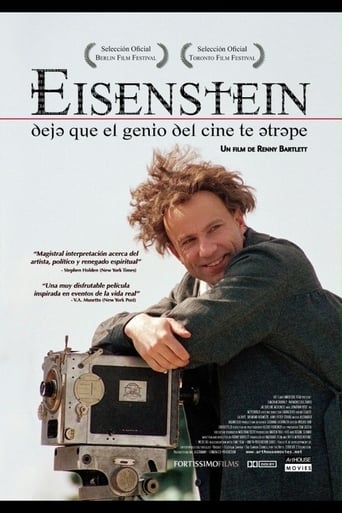






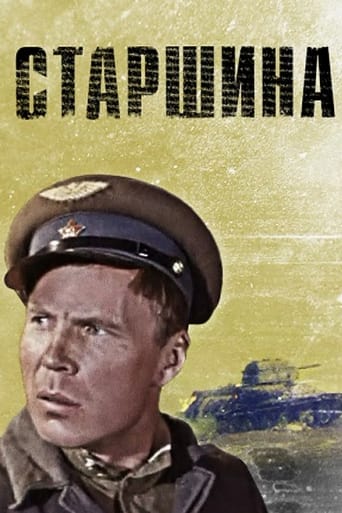


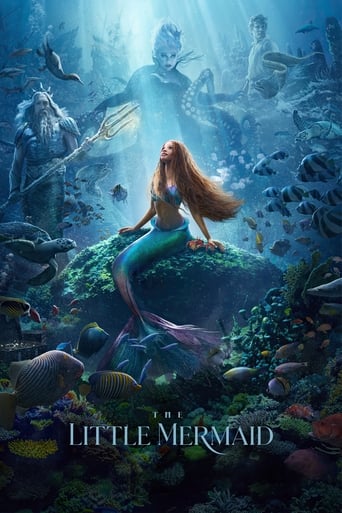
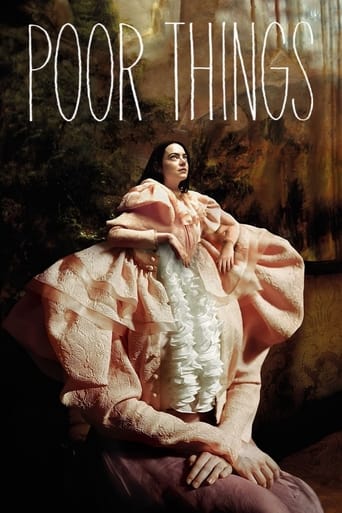


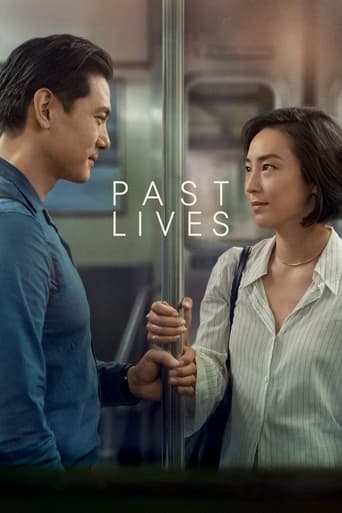

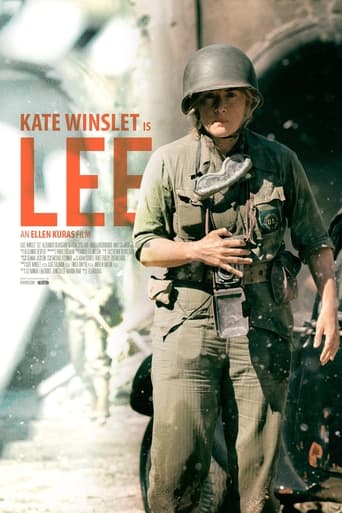
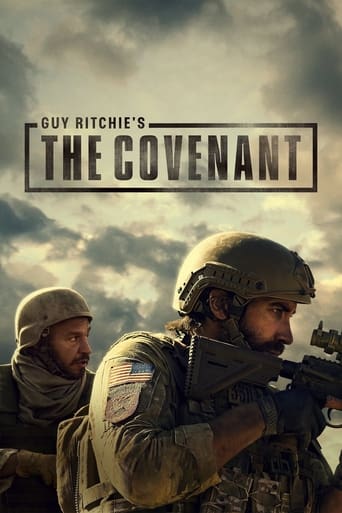
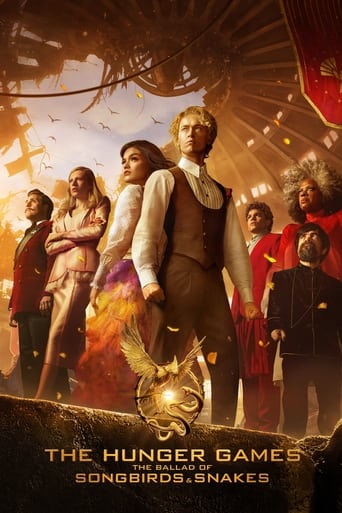
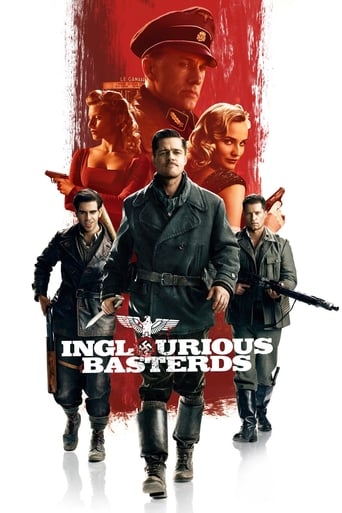
Yunyi Frits
War-time satire about the inhumanity of the nazis.